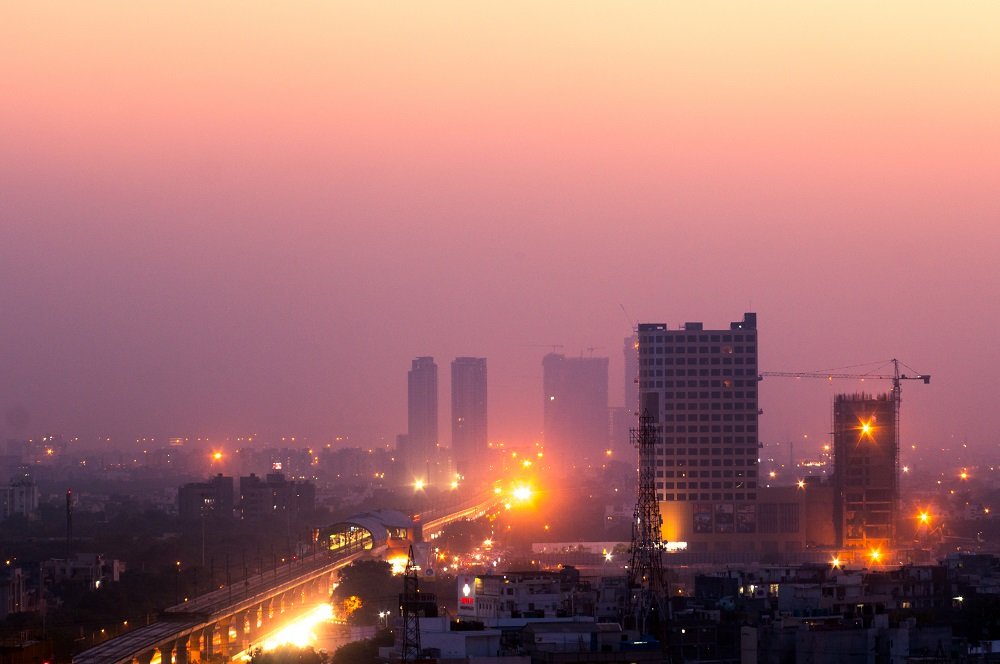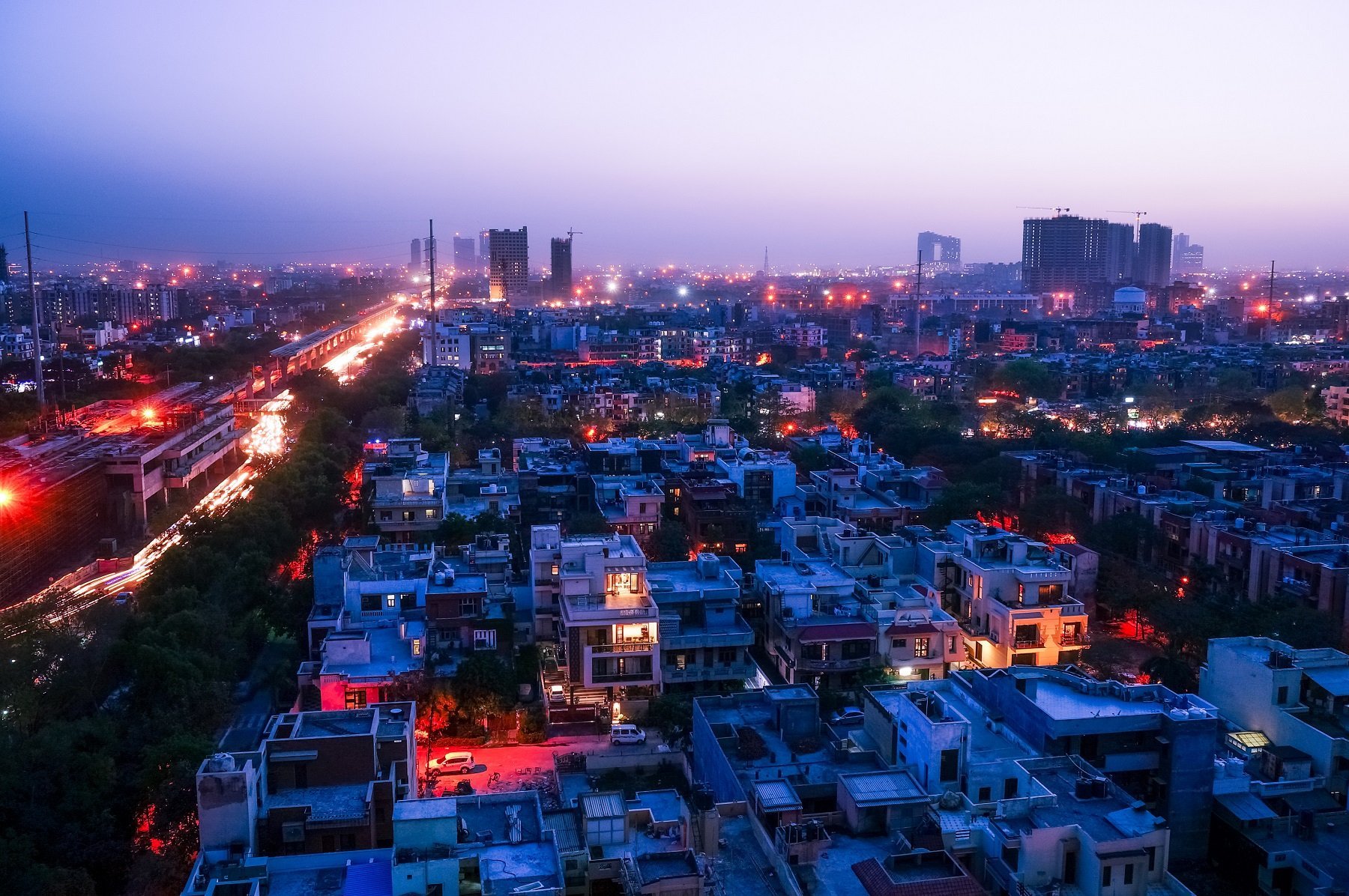How and Why Mid Market Hotels are taking over India’s Branded Sector
In the late 1980’s Esso commissioned a survey of its UK customers and found less than 7% travelled onto Mainland Europe with their cars. Why this reticence on the part of families clearly capable of making their way from Poole to Provence in an overcrowded Metro? And no, it’s not what you think: back in those days we hadn’t even thought of Brexit. As Esso found out, there was a more homely explanation: the Continent simply had far fewer automated pumps on its forecourts, so drivers were in danger of having to talk with an attendant and you know how the English are with languages. Better leave the car behind than risk the unseemly spectacle of sign language on the forecourt with a Frenchman.
And when you think about it, that’s all quite interesting. It’s the reason petrol stations have gradually come to look exactly the same all over the world: with the pumps all roughly in the same place, all self service and roughly the same kind of shop to pay in. It’s why you can now buy a burger (from a screen) in identical McDonalds outlets from Vienna to Vladivostok without once having to speak a word of German or Russian, and it’s why Esso long made sure you can buy your petrol the same way. There’s simply no need to leave the car at home anymore…so we don’t. We buy more petrol instead and everyone’s happy.
Economists call this phenomenon Brand Synergy and until recently India’s Mid Market Hotel Sector was widely perceived to be more or less dead to its charms. A senior analyst on the subcontinent memorably (and anonymously) put it as follows: “…it was like an airline that uses a Boeing 747 for travel between Delhi and Mumbai, a Dakota for Kolkata-Delhi, and a Dornier for Bengaluru-Pune”. The poor old travellers never knew what to expect when they got there. Just like trying to buy petrol by word of mouth.
But not anymore…
The subcontinent’s Mid Market Hotels including Ibis Styles, Lemon Tree Hotels and Eco Hotels have all made progress over the last decade in adopting a much more uniform approach to product profiling, achieving a consistency in specification that has now seen the mid market secure nearly half the branded hotel sector: spurred on, no doubt, by an increasing number of private equity investors, none of whom are noted for being slow in recognising brand synergies when they see them.
All of which has made the Mid Market uniquely well placed to take advantage of the surge in India’s middle class and increasingly urbanised travellers that has doubled airline occupancy rates over the last seven years. And with the average cost of building a mid market room coming in at between Rs 3 Million and Rs 7 Million, breaking even within six years, it all makes bottom line economic sense too. Compare that with the larger branded chains where average construction cost for each room is Rs 15 Million and break even takes 15 years: more than twice as long. In the past 10 years alone the Mid Market has expanded at more than 15% annually (according to Howarth HTL) and now accounts for 43% of total branded stock.
Having got away its successful IPO earlier this year (raising Rs 311 Crore from key investors), Lemon Tree Hotels last week took the trend a stage further by launching its brand overseas: signing a deal for the first of its hotels to open in Dubai next year. It will be the first mid market hotel on the luxury studded Al Wasi Road, sitting literally in the shadow of the Burj Al Arab and Al Waleed Real Estate’s CEO didn’t miss the significance: “There was a need for a mid market hotel of this calibre in this location and India has been the largest source of tourists into Dubai, as well as the UAE as a whole, for over three years now.” To save you Googling it up, the exact figure is 13%: India now accounts for a whopping 13% of total tourist numbers into the Emirates, which shouldn’t come as a surprise to anybody given the subcontinent’s wealth and proximity as well as the population’s found mobility.
And now they’ll recognise at least one familiar, distinctively Indian hotel brand when they get there…Plus ca change.
Red Ribbon Asset Management is the founder of Eco Hotels, the world’s first carbon neutral mid market hotel brand, offering “green hospitality” as part of a progressive roll out across India intended to take advantage of current market opportunities on the subcontinent. The brand offers sustainable living without compromising on standards of hospitality and is designed to cater to commercial and recreational travellers alike.
[nectar_btn size="large" open_new_tab="true" button_style="regular" button_color_2="Accent-Color" icon_family="none" url="https://ecohotels.in/ordinary_shares" text="Invest in Pre-IPO opportunity in Eco Hotels UK Plc"]
Red Ribbon CEO, Suchit Punnose said:
Working as part of the Eco Hotels Project has certainly taught me the importance of branding and product profiling in the hospitality sector, so I was pleased to read about the renewed emphasis on branding generally and unsurprised to see that it has now increased the mid market share to just shy of 50%. Monolithic 2000 room hotel chains are no longer the first choice for travellers, especially given all the evidence suggests they are increasingly looking for accommodation that also complements their preference for sustainability.
And that’s important because the boom in Indian tourism (domestically and internationally) is playing a significant part in driving forward the subcontinent’s resurgent hotel and hospitality sector. It’s certainly an area that cannot be overlooked when seeking out the best investment opportunities over the coming years.
That’s why I’m very proud that Red Ribbon has played such a significant role in the creation and development of the Eco Hotels Project, spearheading the response to that demand in an environmentally friendly manner.
[social_buttons full_width_icons="true" facebook="true" twitter="true" google_plus="true" linkedin="true" pinterest="true"]







Leave a Reply